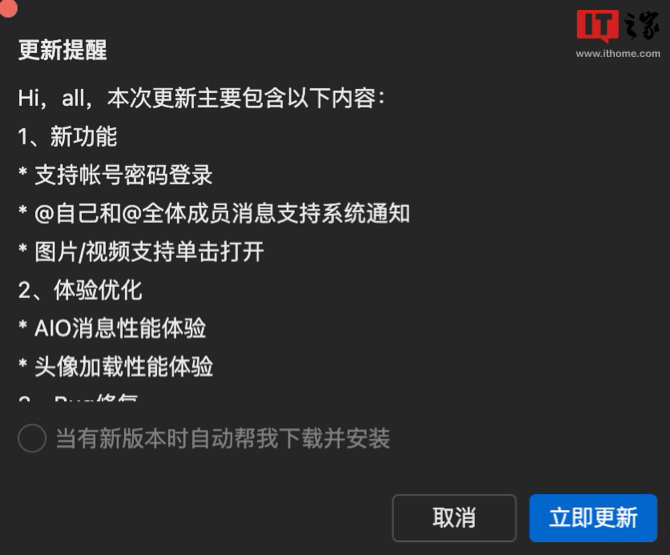1、运行原生sql
ublic function getList($data){
//获取前端传过来的参数
$user = $data['userId'];
$office = $data['officeId'];
$key = $data['oneKeySearch'];
//进行模糊搜索和联合查询
$where = 'and 1=1 ';
if($key!=null) {
$where.= ' and ( a.code like "%' . $key . '%"';
$where.= ' or b.name like "%' . $key . '%"';
$where.= ' or c.name like "%' . $key . '%")';
}
//对前端传回的字段进行判断,如果不为空则执行条件查询
if($user!=null){
$user='and a.userId='.$user;
}
if($office!=null){
$office='and a.officeId='.$office;
}
//自定义原生sql语句,%s可以传参数到sql语句中,格式如下:
$sqlTmp=sprintf('select a.id,a.code,a.attendanceRate,a.statisticTime,
b.`realName` as userName,c.`name` as officeName
from xxxa1
LEFT JOIN xxx2 b ON a.userId=b.id
LEFT JOIN xxx3 c ON a.officeId=c.id
where a.deleted_at is null and 1=1 %s %s %s ORDER BY a.code
', $where,$office,$user);
//执行SQL语句
$results = DB::select($sqlTmp);
//返回结果
return $results;
}2、运行查询构建器
public function getList($data){
//获取前端传过来的参数
$user = $data['userId'];
$office = $data['officeId'];
$key = $data['oneKeySearch'];
/*
* 1、表格使用别名:直接是 “表名 as table1" ,(下面是xxx1 as a)
* 2、左连接:DB::table('表1')
* ->leftJoin('表2', '表1.id', '=', '表2.外键关联')
* 3、因为使用了软删除,所以在查询的时候要加上 ->whereNull('a.deleted_at')
* 4、使用 DB::raw方法创建一个原生表达式,写进要查询的字段名称
* ->select(DB::raw('a.id,a.code,b.`realName` as userName,c.`name` as officeName'))
*5、使用orderBy进行排序
*
*/
$data=DB::table('biz_attendance_sta as a')
->leftJoin('sys_user as b', 'b.id', '=', 'a.userId')
->leftJoin('sys_office as c', 'c.id', '=', 'a.officeId')
->select(DB::raw('a.id,a.code,a.attendanceRate,a.statisticTime,
b.`realName` as userName,c.`name` as officeName'))
->whereNull('a.deleted_at')
->orderBy('a.code', 'desc');
//使用 if(!empty(xxx)){},来判断前端传过来的参数是否为空,不为空则执行条件查询
if(!empty($user)){
$data = $data->where( 'a.userId',$user);
}
if(!empty($office)){
$data = $data->where( 'a.officeId',$office);
}
//使用 if(!empty(xxx)){},来判断前端传过来的参数是否为空,不为空则执行模糊搜索和联合查询
if (!empty($key)) {
$data = $data->where(function ($query) use ($key) {
$query->where('a.code', 'like', "%{$key}%")
->orWhere('b.name', 'like', "%{$key}%")
->orWhere('c.name', 'like', "%{$key}%");
});
}
//使用->paginate(10)进行分页
$results=$data ->paginate(10);
return $results;
}最后
以上就是开朗过客最近收集整理的关于Laravel执行原生SQL语句及使用paginate分页的全部内容,更多相关Laravel执行原生SQL语句及使用paginate分页内容请搜索靠谱客的其他文章。
本图文内容来源于网友提供,作为学习参考使用,或来自网络收集整理,版权属于原作者所有。








发表评论 取消回复